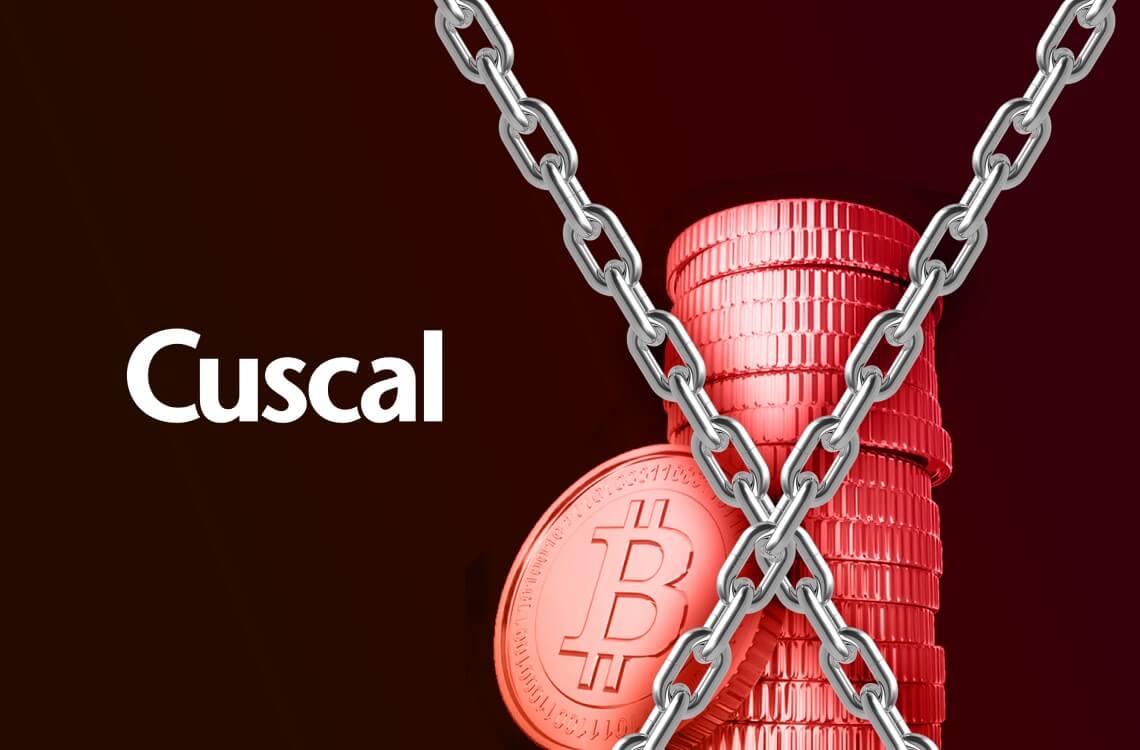Cuscal, an Australian payment provider that recently cut ties with Binance, has announced new banking restrictions for the remaining digital currency exchanges on its platform through its partner Zepto.
Blockchain Australia, the country’s industry body, released a statement criticizing the move, adding that though it supports efforts to secure digital transactions, Australians should be able to spend their money “without undue restrictions.”
Cuscal new restrictions on crypto
Cuscal recently circulated a “survey” titled Zepto Compliance Survey for Digital Currency Exchanges (DCE), in which the company highlighted several updated Merchant guidelines specifically targeting digital currency exchanges supported on the platform.
Some of the requirements stated in the document include a 24-hour hold for first-time inbound payments of any size. It will also enforce real-time user identity verification, name matching for “payer to the wallet,” and a 24-hour delay on outbound payments.
The document highlighted that the provider would consider a reasonable time frame for exchanges to comply with the new requirements. However, if they cannot comply, Zepto and Cuscal will discontinue their support for these exchanges.
Exchanges are expected to respond to the new guidelines by June 21.
Cuscal said the move is intended to ensure users are protected from fraud. However, the statement Blockchain Australia suggests that the new guidelines are one-sided.
📢 Media Statement
— Blockchain Australia (@BlockchainAUS) June 20, 2023
Blockchain Australia responds to upcoming payment security measures by an innovative payment provider and @Cuscal. We advocate for secure digital transactions while preserving users' freedom.
Read our full statement here: https://t.co/dkRbIf9Tqq
In their response to the “survey,” Blockchain Australia noted that details on critical matters such as transaction limits specifics and the determining factors in what is and isn’t an anonymous wallet remained undefined. Cuscal also asked exchanges for documents like fraud policies and AML/CTF programs which AUSTRAC-registered Australian digital currency exchanges already have. Blockchain Australia also highlighted that it supported and recommended that all digital currency exchanges have procedures of this kind.
Notably, there is no public information on how many Australian exchanges use Cuscal and Zepto for payment services. However, about 400 digital currency exchanges are Australia-registered for anti-money laundering and counter-terrorism financing obligations.
Preserving users’ freedom
Blockchain Australia Chair and Digital Assets Lawyer Michael Bacina said the move would significantly impact Australia. He added that Australians should expect businesses they work with to help them tackle fraud, which has been growing due to economic uncertainty. In addition, they should get to spend the money and assets they own without undue restrictions.
It has then invited platforms such as Cuscal and government stakeholders to discuss the issue in a roundtable discussion on June 27 during Blockchain Week.
Meanwhile, Blockchain Australia recently called out restrictions by local banks on crypto payments. The move came after several banking partners blocked payments to digital asset exchanges. Commonwealth Bank(CBA) made partial restrictions saying that these exchanges facilitated scams and customers were losing money. Cuscal also disconnected Binance Australia payment services last month. During the time, Binance Australia said it would no longer offer Australian dollar bank transfers using PayID due to a third-party payment provider’s decision.
According to Blockchain Australia, the banking partners’ move has costly side effects and limits consumers’ use of their money. Furthermore, they shift the behaviour of scams and fraud risk into other scams that may be harder to detect. As a result, they are planning on bringing an education program for consumers on crypto, the benefits, and identifying scams. Furthermore, it would seek acknowledgement of the practices by banks such that they provide opt-in protection and education to users.
Meanwhile, Loretta Joseph, chair of the new Australian Digital Financial Standards Advisory Council (ADFSAC), has warned that the Australian government needs to develop crypto regulations faster. Otherwise, it could fall behind developing markets. He also added that the current legislation couldn’t cover much of the crypto landscape in Australia.





